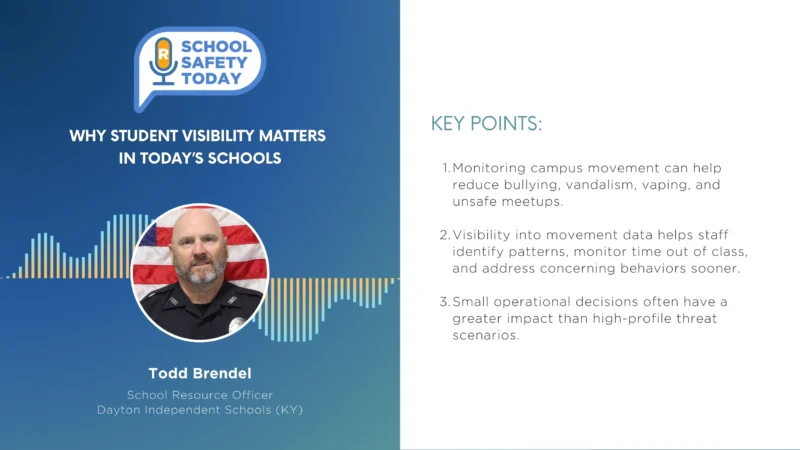EdTech Leaders Search For Answers Amid Pandemic
As the world comes to grips with its new COVID-based realities, the business of education is convulsing. Schools and universities race to save the spring semester, while tech companies—from giants like Google and Cisco to thousands of other software and curriculum services—have jumped to their aid with remote learning solutions. In just a few weeks, they have combined to create the biggest beta test in history.
At the same time, educators look warily towards the fall and the long term. And some EdTech big thinkers have started to consider some answers to the question, “What’s next?” Din Heiman, Senior Vice President for the education software company Renaissance Learning, recently posted a provocative essay entitled “A Farewell To EdTech”:
As an industry, it is now we who are being put to a test. We are providing the backbone of educational continuity, the arsenal fortifying the critical efforts of our own first responders — administrators and educators around the globe. We will collectively be held accountable for how we bear the mantle of that responsibility; let’s do all that we can to ensure that history will judge us favorably in the important support role we’ve been thrust into.
Heiman goes on to list a series of first steps as to how the education industry (Don’t call it edtech!) can survive and even thrive during the chaos. Likewise, Sean Slade, Senior Director of Global Outreach at the Association for Supervision and Curriculum Development, a global educational leadership organization, see some sanity out of the madness:
We have an opportunity here to move expeditiously into a future stage, of utilizing this crisis to upend an antiquated system, and to replace it with one that engages the learner in learning and teaches them to learn how to learn. Universal content mastery is becoming less important, just as creativity, problem solving, and creating new knowledge is becoming more.
Michael Horn, Head of Strategy and Senior Strategy Partner at the Entangled Group, has already found some answers in Vietnam, where 98% of students have been able to make the transition to online learning.
Amidst the challenges that COVID-19 brings, I hope we see education innovations that don’t just take subpar brick-and-mortar experiences and move them online where they will be even worse, but instead transcend the traditional lecture model to leverage technology and fundamentally transform the learning experience into one in which all students have a much greater likelihood of success.
We here at MarketScale plan to follow these ideas and discuss with these leaders in-depth in upcoming podcasts. Be sure to follow us for scheduled details.







